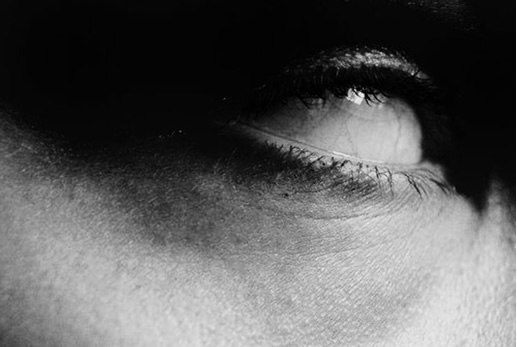A public health expert and Programme Officer with Sightsavers Nigeria, Dr Joshua Ibenu said 1.1 million Nigerians are blind but there are not enough ophthalmologists to take care of eye and vision conditions in the country.
Dr Ibenu said 0.78 per cent of Nigerians have some form of blindness in all ages and the number increases to 4.2 per cent in older age groups.
Ibenu said this at the two-day capacity building for media practitioners organised by Sightsavers Nigeria in Keffi, Nasarawa State.
According to him, it is estimated that 1,130,000 individuals aged 40 or above are currently blind in Nigeria and the North West geo-political zone has the largest number of blind adults (28.6 per cent) being the zone with the largest population.
He further said that 2,700,000 adults aged 40 or above are estimated to have moderate visual impairment and an additional 400,000 adults are severely visually impaired.
“Thus a total of 4.25 million adults aged 40 or above in Nigeria are visually impaired or blind,” he said.
The expert noted that if visual impairment is tackled, the world could save over $400bn annually.
Vision impairment occurs when an eye condition affects the visual system and its vision functions. While blindness is the inability to see anything. The leading causes of vision impairment and blindness at a global level are refractive errors and cataracts.
Ibenu said, “85 per cent of blindness are as a result of avoidable causes but people do not know this. Some preventable causes of blindness are glaucoma, cornea opacity, poor sleep, unlimited screen time, and harmful traditional practices. Meanwhile, if we tackle blindness, we will be able to improve our health status in the country.
“Some traditional harmful practices are applying breast milk, lizard feaces, scent leaves, among others.”
He, however, said some challenges of the eye health system are policy and implementation, governance structure, human resources for eye health, evidence generation, and service delivery access, including infrastructure, technology, financing, and cost.
“Until 2019, there was no policy on eye health and it was launched in 2022. But now, we are talking about domestication in every state. At the state level, the government is meant to look at it and see and apply it to each state.
“Also, human resources for eye health are very important. You need professionals to provide eye services but they are not enough. We are still struggling with the number of General Practitioners, not to talk of ophthalmologists. People need to start prioritising eye care. People want to prioritise other things than eye care.”
He said Sightsavers is supporting eye health strategy by improving access to services, investing in providing eye care resources needed to drive the increase in coverage, and promoting universal access to eye health.
Earlier, the Country Director of Sightsavers Nigeria, Dr Sunday Isiyaku advised Nigerians to engage in regular eye checks every six months to enhance eye care and early diagnosis of eye health issues that might lead to visual impairment.
”It is mandatory to screen your eyes every six months to enable early diagnosis of eye problems. And with that, they will be able to detect any problem and commence treatment where necessary to prevent it from deteriorating.
“Sightsavers’ vision is of a world where no one is blind from avoidable causes, and we are committed to supporting individuals with visual impairments to access the support they need,” Dr Isiyaku said.









